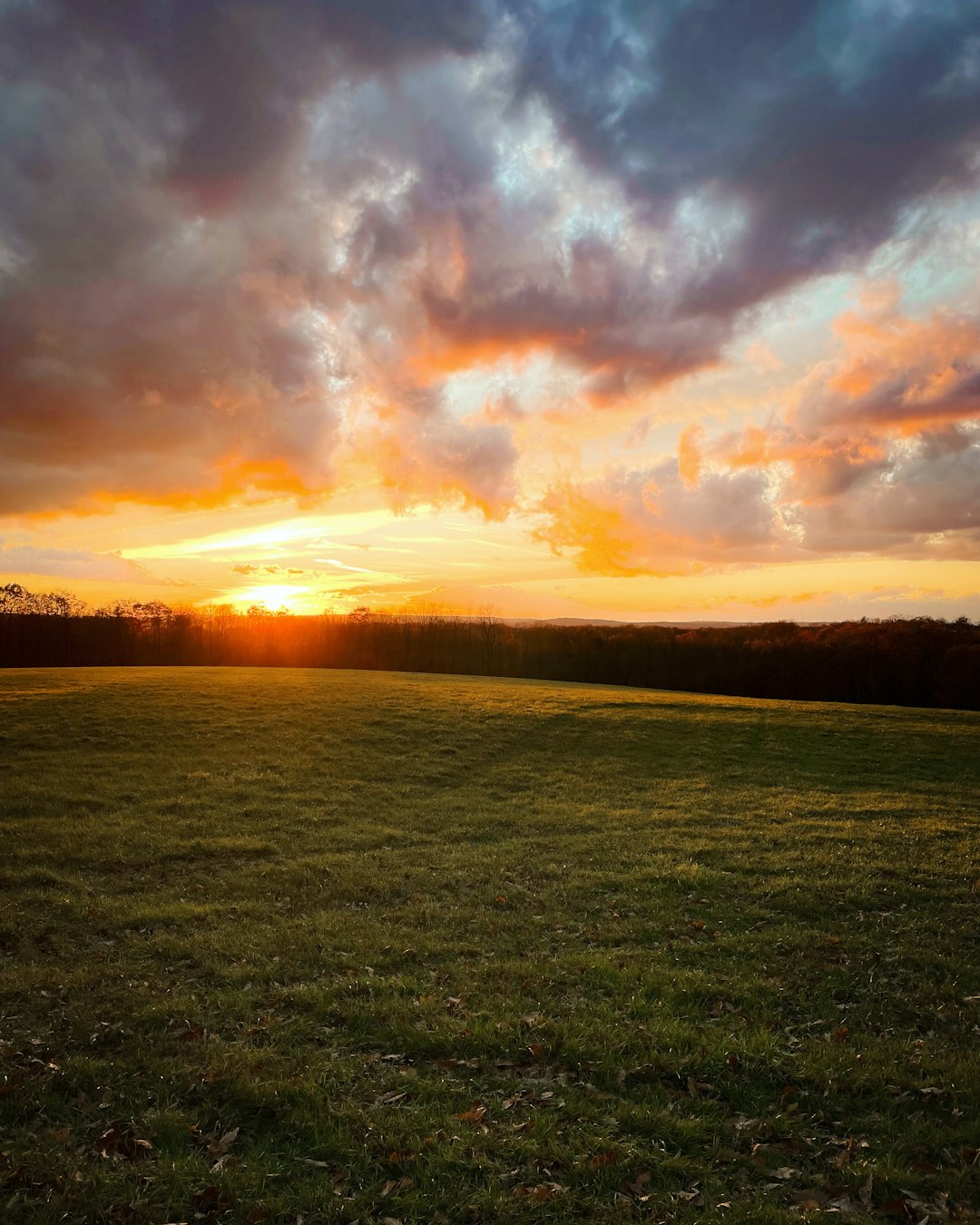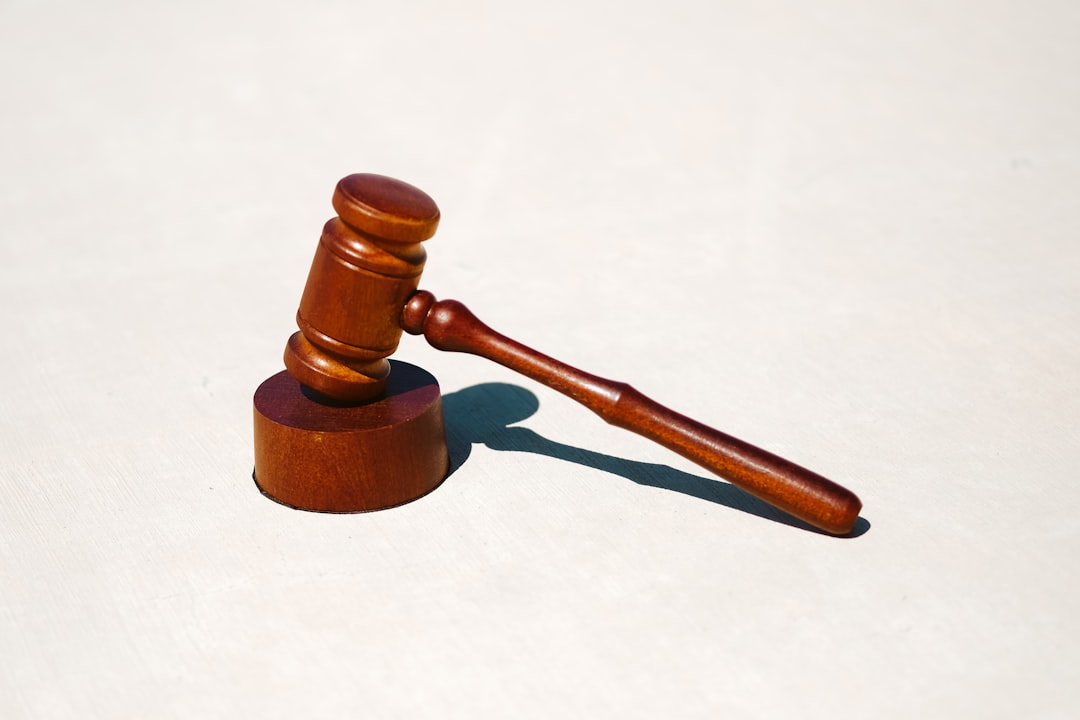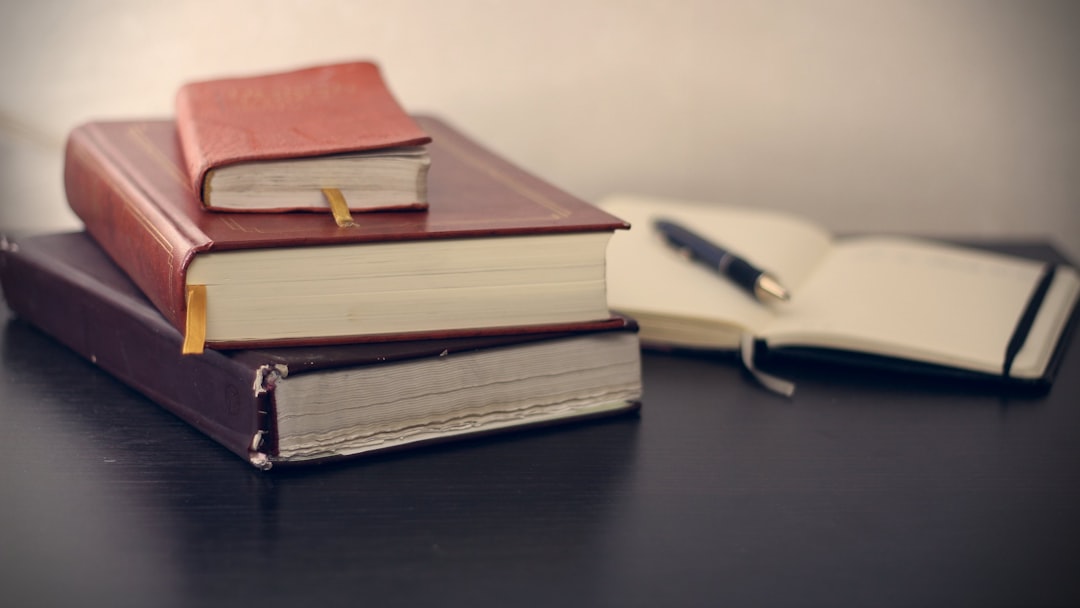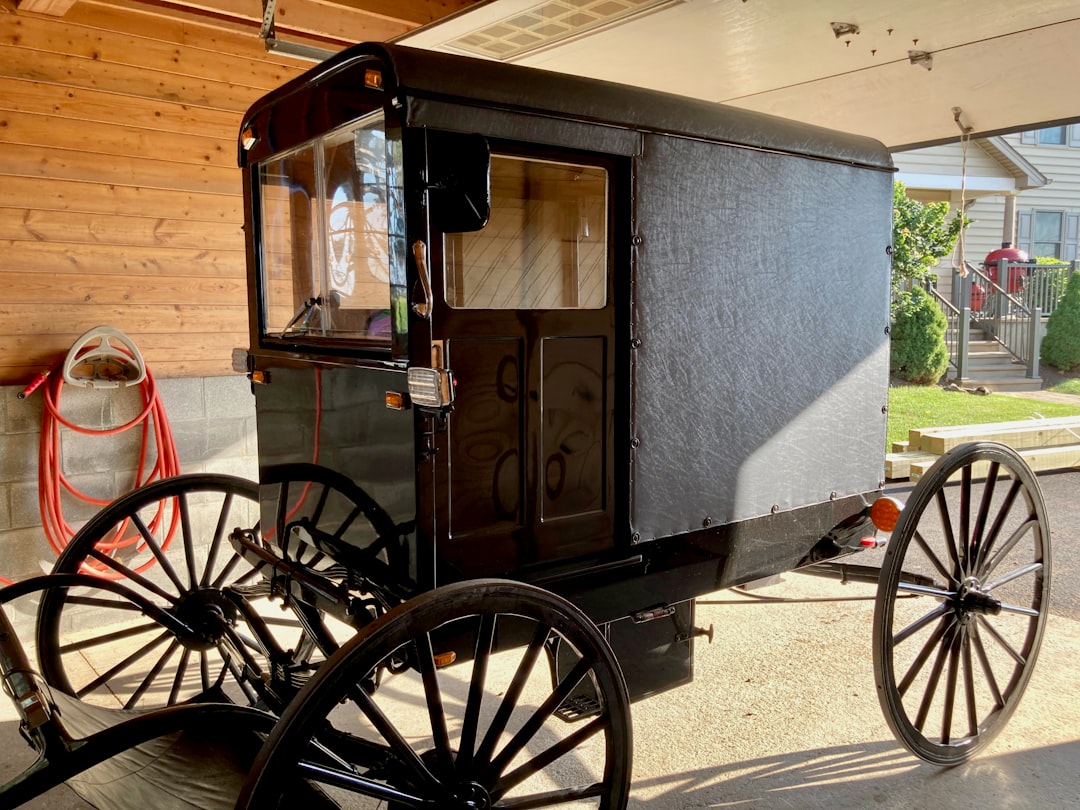In Pennsylvania, strict laws like SORNA and the Youth Sports Safety Act aim to prevent and address sexual misconduct in amateur athletics. Sexual abuse attorneys play a vital role by guiding survivors through legal processes, interpreting statutes, and advocating for enhanced athlete protections within organizations. They support victims and ensure justice while helping athletic communities implement stringent policies and conduct thorough investigations. Proactive strategies like workshops, sensitivity training, and open communication channels are crucial to safeguard young athletes from sexual abuse, with legal support from a sexual abuse attorney Pennsylvania as needed.
“In recent years, the issue of sexual abuse within amateur athletic organizations has gained significant attention. This article explores the legal safeguards in place to combat this pervasive problem in Pennsylvania. We delve into the state’s legal framework and the crucial role that sexual abuse attorneys play in protecting athletes.
While laws are essential, there are ongoing challenges and best practices to enhance athlete safety. By understanding these aspects, we aim to contribute to a safer sports environment for all participants.”
Understanding Pennsylvania's Legal Framework Against Sexual Abuse
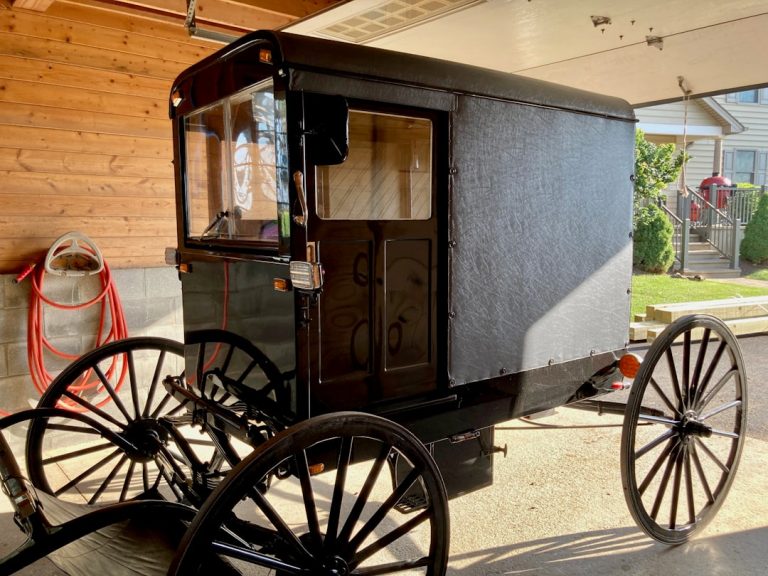
In Pennsylvania, the legal framework against sexual abuse is designed to protect individuals involved in amateur athletics from potential predators. The state has stringent laws in place that make it a crime to engage in any form of sexual misconduct with minors, including athletes. A sexual abuse attorney in Pennsylvania plays a vital role in ensuring these laws are enforced and that victims receive the justice they deserve. They help interpret complex legal statutes, guide survivors through the court system, and advocate for policies that strengthen protections against sexual assault within athletic organizations.
Key pieces of legislation, such as the Sexual Offender Registration and Notification Act (SORNA), mandate strict registration requirements for individuals convicted of sexual offenses, including those related to amateur sports. Additionally, Pennsylvania’s Youth Sports Safety Act imposes obligations on coaches, officials, and other athletic staff to report suspected abuse, undergo training in recognizing and responding to such incidents, and create safe environments for young athletes. These laws reflect a comprehensive approach to combat sexual abuse within the state’s amateur athletics community.
The Role of a Sexual Abuse Attorney in Amateur Sports Organizations
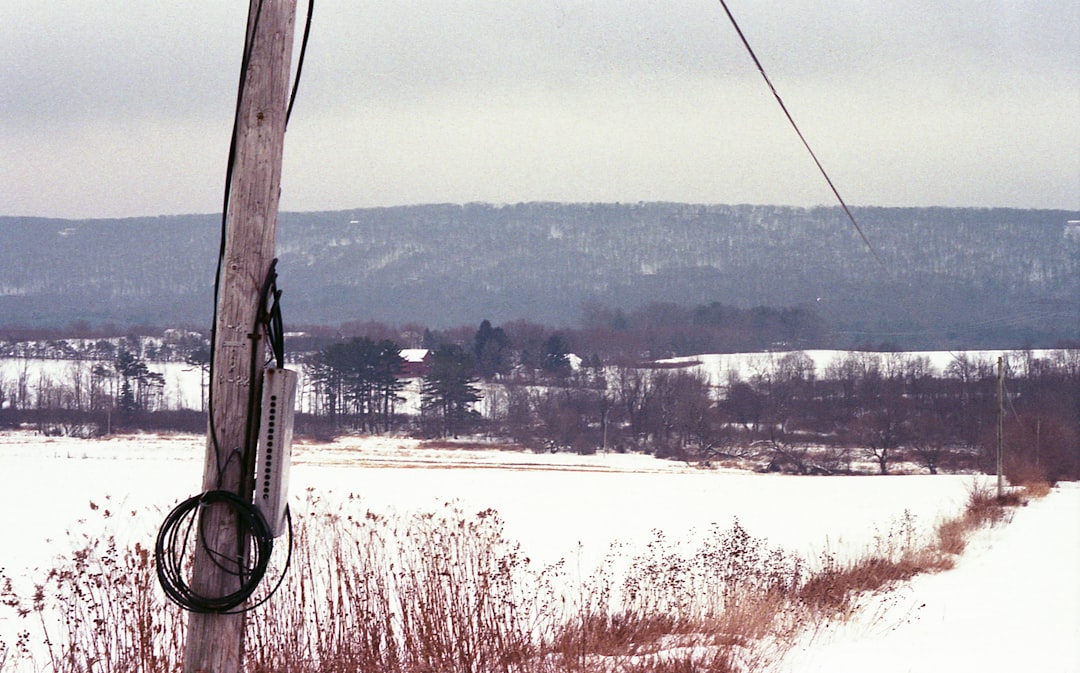
In the context of amateur sports, where the focus is often on fostering a positive and inclusive environment, the presence of a sexual abuse attorney in Pennsylvania is invaluable. These legal professionals play a pivotal role in safeguarding athletes, ensuring their well-being, and upholding ethical standards within organizations. With their expertise, they can navigate complex legal landscapes to protect individuals from potential abuses of power and ensure justice for victims.
A sexual abuse attorney in Pennsylvania specializes in handling cases involving non-consensual acts, exploitation, or harassment within the realm of amateur athletics. They offer crucial support by providing a safe space for victims to share their experiences, guiding them through legal processes, and advocating for their rights. Through their intervention, they can help organizations implement stringent policies, conduct thorough investigations, and hold accountable any individuals who violate trust and commit sexual offenses.
Protecting Athletes: Best Practices and Ongoing Challenges

Protecting athletes from sexual abuse within amateur athletic programs in Pennsylvania is a multifaceted challenge that requires a combination of stringent policies and ongoing vigilance. Best practices include mandatory background checks for coaches and staff, implementation of clear reporting procedures for incidents, and providing educational resources to both athletes and parents regarding consent and appropriate boundaries. These measures aim to create an environment where athletes feel safe and empowered to come forward if they experience or witness any form of abuse.
Despite these efforts, challenges persist. The culture of loyalty and trust often associated with amateur sports can deter athletes from speaking out, especially against respected figures within their communities. Furthermore, the lack of consistent enforcement of existing policies and inadequate training for staff on recognizing and responding to potential signs of abuse pose ongoing threats. Engaging in proactive strategies, such as regular workshops and sensitivity training, along with fostering open communication channels, remains crucial for safeguarding athletes from sexual abuse in Pennsylvania’s amateur athletic landscape, where a sexual abuse attorney Pennsylvania might be needed for guidance and legal support.
